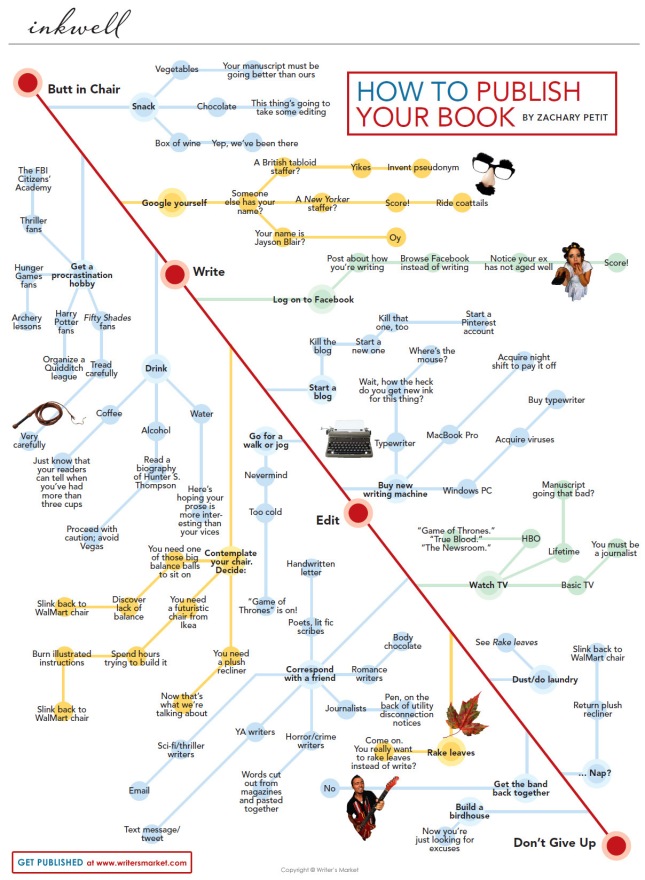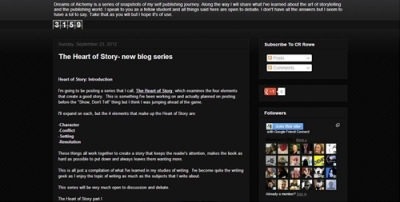I Want to Be A Writer Series
One of the greatest assets a writer can possess is a group of people you can trust to read your writing before it is published. These people are called your “Beta Readers”.
Just as in any industry, it is important to test your product before throwing it out to the masses. This gives you the opportunity to gain valuable insights into how others are going to respond to your story and characters before the book is published and everything is “set in stone”. But you must be careful in exactly who it is you trust to do this invaluable task.
Just as a jury is carefully selected for a trial, you must be certain that your beta readers are suitable for your needs. You don’t want someone judging your book if they are not interested in the genre you have written. You do not need someone that is going to be afraid to tell you the truth. You must be wary of those that might steal your story idea or send copies of your book to every person they know. Nor do you need someone that possesses a vengeful spirit that will do anything they can to jeopardize your writing career. Jealousy is a slimy snake that can sneak into the least expected places and bite you before you even realize it is there. We all want to believe that the people we love and look to as life long friends want us to succeed, but it is often times like this when we discover the true nature of those we thought we could trust. Do not allow your writing to become the victim of circumstances such as these.
When you begin to gather your group of beta readers together, make sure they understand exactly what their role is, as well as the responsibility you are placing them under. One of the best ways you can verify that this is understood is by having them sign a “Non-Disclosure Agreement”. This simple piece of paper works as a legal buffer to prevent your book from being stolen or misused. You can create your own agreement for free from this website, RocketLawyer.com.
The process in which you send your book to your Beta Readers is entirely up to you. You can send them one chapter at a time as you complete them, or you can wait until you have the entire book finished. Whichever method you choose, make sure it is the appropriate method that supports your writing process rather than hinders it. Some writers have several levels of Beta Readers in which are responsible for reading their books at different levels of completion. For instance, one group reads the first raw copy, then another group reads the first edited copy, then another reads the final edited version before it goes to the publisher. This may sound complicated, but it can be very useful and productive if you have the right groups of people. Every eye see’s and every mind processes differently.
In this day and age, there are so many various methods of putting your book on the market, having someone assure that each form of your published book is properly formatted, is extremely important. It is a very time consuming process to do this on your own. Even the major publishing houses struggle with this. But when you have a strong support team behind you, they can make even the most tedious problems seem minute.
Finding Beta Readers can be difficult at first. For most Indy authors, this often involves their family and friends. Unfortunately, this can be a difficult situation. The people that love, or even remotely care about you, are often afraid to be brutally honest because they don’t want to hurt you. If you involve people you have a personal relationship with, make sure you are prepared to accept what you are asking them to do and that they understand that this is not something that will jeopardize your relationship with them. You can avoid this sticky situation by finding others that you are not personally involved with. There are all sorts of websites that connect writers with Beta Readers and there are many communities that have local writing groups that will help you. If you already have a fan base, you could select a few of your fans for this “honor”. But you must always take the proper precautions when dealing with individuals you do not know.
There are many resources available for writers online. Take the time to network with other writers and learn from their mishaps and successes. Always remember that this is your career. Your success depends upon the amount of effort you put forth working towards it.
Previous Post in the Series “Avoiding the Writing Crash and Burn”
Next Post in the Series “Time for Closure”


 I Want to Be A Writer Series
I Want to Be A Writer Series






